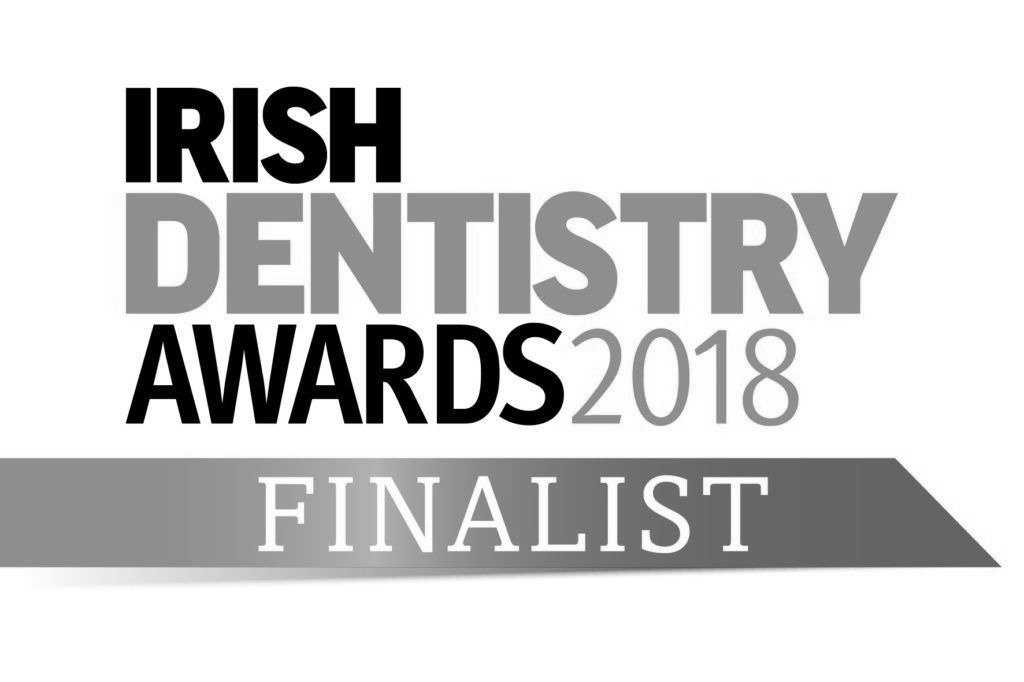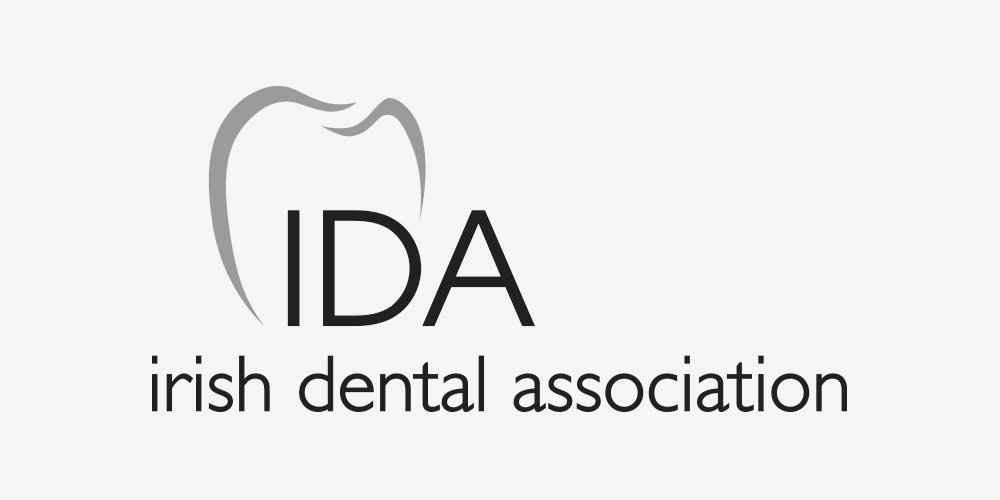Dental Hygienist
Oral health affects your overall health. As such, the importance of dental hygiene cannot be overstated. Like other parts of your body, your mouth is filled with bacteria. Although most of the bacteria are harmless, it can accumulate and create problems throughout your body. Other forms of bacteria can lead to disease.
Your body naturally fights off harmful bacteria. However, you can emphasise the importance of oral hygiene by brushing your teeth, flossing, using mouthwash, and scheduling routine checkups with your dentist. Good dental hygiene can prevent bacteria from reaching levels that may lead to oral infections, gum disease, or tooth decay.
Importance of Dental Hygiene and How it Affects Your Body
The importance of oral hygiene is highlighted when you consider how good dental hygiene prevents certain health conditions. Here are some conditions, including:
Pneumonia
As bacteria accumulate in your oral cavity, it can find its way down to your lungs. The buildup of bacteria can lead to pneumonia or other respiratory conditions. This is why dental hygienists stress the importance of dental hygiene.
Endocarditis
Similar to the lungs, the buildup of bacteria in the mouth can cause endocarditis. Bacteria makes its way into the endocardium – the inner lining of our heart chambers or valves. The bacteria flows through the bloodstream and attaches to the heart.
Pregnancy Complications
Good dental hygiene is especially important during pregnancy. Allowing bacteria to formulate in your body can have adverse effects on your child. You may even have a complication during birth.
Cardiovascular Disease
There is a possible link between dental hygiene and clogged arteries. This condition can lead to heart attacks, cardiovascular disease, or stroke. Understanding the link between tooth care and heart problems helps you understand the importance of dental hygiene.
How Your Body Affects Your Oral Health
The importance of dental hygiene can also be seen in conditions that affect oral health. Some health conditions that influence the condition of your teeth and gums include:
Alzheimer’s Disease
Alzheimer’s disease can affect a person’s daily routine. They may not think of brushing their teeth for several days. This can accelerate the buildup of plaque and tartar on the teeth.
Diabetes
Diabetes reduces the body’s ability to resist infection. It presents a higher risk of gums and teeth. If you have diabetes, you are more likely to get gum disease. Regular brushing and periodontal carecan keep your teeth in good condition.
HIV/AIDS
Patients who have HIV/AIDS are more likely to have oral problems. Mucosal lesions can form in the mouth, causing tremendous pain. Proper dental hygiene is crucial to reduce the conditions in the mouth.
Osteoporosis
Osteoporosis weakens the bones. Consequently, it can weaken the jawbone, gums, and teeth in the mouth. It often leads to tooth loss. While you can take medication for osteoporosis to reduce the effects, good oral hygiene is also recommended.
Visiting Your Dentist
Routine visits to your Beechwood Dental hygienist are a core part of dental care. Your dentist can perform a checkup and give your teeth a good cleaning. They can also identify any problems that you may need to address.
A dental hygienist can work with other medical specialists to keep your teeth strong and healthy. If you have a medical condition, let your dentist know right away. They can provide the appropriate treatment for your teeth.
Book your Hygienist appointment at Beechwood Dental Today











